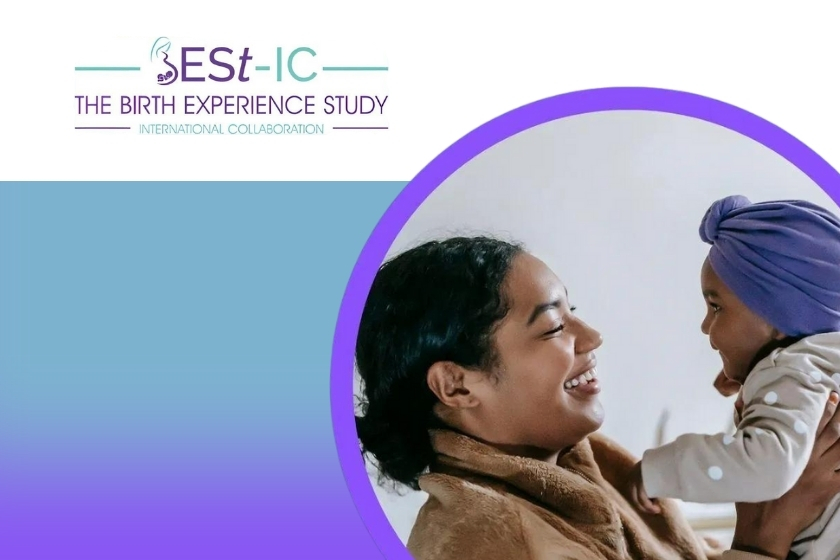Establishing the experiences of women during birth is key to making improvements to care. Dr Claire Feeley, principal investigator, and Dr Gemma McKenzie, research associate, at King’s College, London, are undertaking such a study (BESt) and invite us all to be involved.
The state of our maternity services is in the news again. This follows on from maternity inquiries reported in Shewsbury and Morecambe in addition to women’s traumatic accountsappearing in the wider media. Circling the debate are issues around caesarean section rates, the promotion of ‘normal birth,’ the lack of midwives and the retention of more experienced ones, poor resourcing and underfunding, and the ways in which women are dehumanised and not listened to during labour and birth.
The recent All-Party Parliamentary Group (APPG) on Birth Trauma, led by Theo Clark MP, recently analysed over 1300 submissions from mothers, families, subject experts and third sector organisations. Their reportwill hopefully kickstart a national conversation on the trauma women and birthing people are often left with after giving birth in the NHS maternity system.
From an academic perspective, details on the prevalence of obstetric violence and birth trauma in the UK are still lacking. How it affects the varied demographics of the UK population is unclear. Whilst the experiences of women and birthing people in general are often overlooked and ignored, the maternity experiences of people from diverse communities are frequently not even considered. Research on the experiences of women birthing in the criminal justice system, with disabilities and neurodivergence, or as asylum seekers, is still in its infancy. The same applies to the experiences of minoritised women, such as those from Black, Asian and Gypsy and Traveller backgrounds.
The Birth Experience Study (BESt) UK is an academic research project that will shed light on the diversity of maternity experiences within the UK population. Aimed at understanding the birth experiences of those who have given birth in the UK within the last 5 years, it is part of a huge international collaboration of researchers attempting to gain both a national and global picture. Begun in Australia in 2020, the focus is on capturing both good and bad experiences with an emphasis on understanding obstetric violence and birth trauma.
Important to our study, is also capturing the birth experiences of those who have not used the NHS, either employing private obstetric or midwifery services, independent midwives or those who opted to freebirth. This way we can compare birth experiences within different models of care.
Funded by King’s College London, and comprising an interdisciplinary research team, the initial Australian survey was reformatted to suit the UK population, with over 200 comments from subject experts, service users and third sector organisations collated and incorporated into the UK version. The survey has also been translated into 5 different languages: Polish, Romanian, Portuguese, Punjabi and Urdu, ensuring people from those communities have the opportunity to become involved. The online survey also has the option of allowing participants to answer some questions orally. This is done via a voice note app, enabling people to respond in ways they may be more comfortable with.
For people who want to get involved and support the study, there are three main ways to do this:
- Promote the study on your social media
All details of the study, news and updates are available on the Facebook page and Instagram page .
2. Share a poster
Hard copy posters advertising the study are available to help reach those not on social media. A poster pack can be requested here. Alternatively, the webpagehas posters that can be downloaded. Posters can be put in community spaces, but not on NHS premises, due to ethics requirements.
3. Take part
If you have given birth in the UK in the last 5 years, then you are eligible to complete the survey. Once you have submitted your responses, you can also choose to be included in a draw to win one of 5 £150 vouchers.
We look forward to sharing the results of the study in due course.
Dr Gemma McKenzie, Research Associate, King’s College London
Dr Claire Feeley, Principal Investigator, King’s College London claire.feeley@kcl.ac.uk / best@kcl.ac.uk
June 2024


